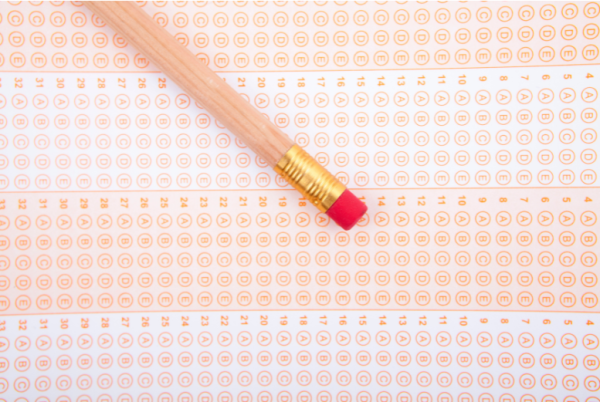Standardized testing has long been a controversial topic in education. Some argue that these tests provide valuable information about students’ academic abilities and can help shape educational policies, while others believe they are not an accurate measure of a student’s true potential and can have detrimental effects on students and teachers alike.
It’s time to have better debates about standardized tests. Instead of simply dismissing them or embracing them wholeheartedly, we need to consider the nuances and complexities of these assessments.
One common argument against standardized tests is that they do not accurately measure a student’s true abilities. Critics argue that these tests are biased towards certain demographics, such as students from wealthier families who have access to test prep resources. They also argue that standardized tests only measure a narrow range of skills and knowledge, leaving out other important aspects of a student’s education, such as creativity, critical thinking, and problem-solving skills.
On the other hand, proponents of standardized tests argue that they provide valuable data that can help educators identify areas where students may need additional support. They also argue that these tests can help hold schools and teachers accountable for their performance and ensure that all students are receiving a quality education.
Instead of resorting to simplistic arguments for or against standardized tests, it’s important to engage in more nuanced discussions about the role of these assessments in education. For example, we can consider ways to make standardized tests more equitable and accessible for all students, such as providing additional resources for students from disadvantaged backgrounds or developing alternative forms of assessment that better measure a student’s diverse skills and abilities.
We can also discuss the importance of balancing standardized tests with other forms of assessment, such as project-based learning, portfolios, and teacher evaluations. By incorporating a variety of assessment methods, we can better capture the full range of a student’s capabilities and ensure that our education system is providing a well-rounded and equitable experience for all students.
Ultimately, standardized tests are just one piece of the education puzzle. Instead of demonizing or idolizing them, let’s have better debates about how to improve and refine these assessments to better serve students and educators. By engaging in thoughtful and informed discussions, we can work towards a more balanced and effective approach to standardized testing in education.


